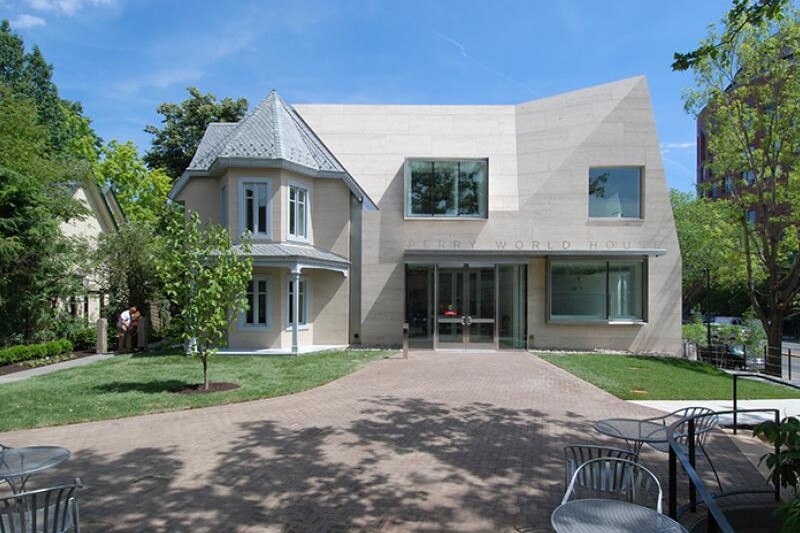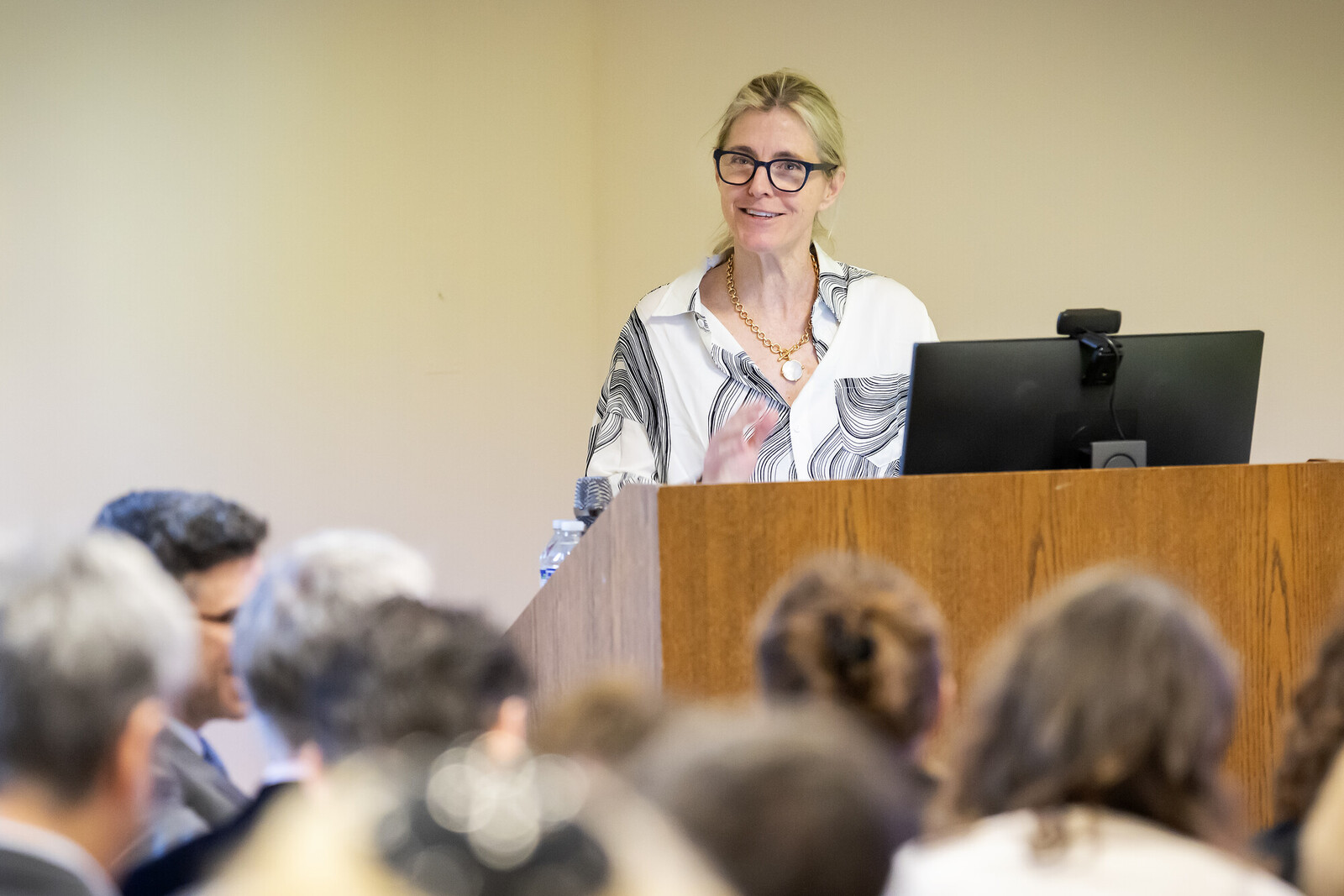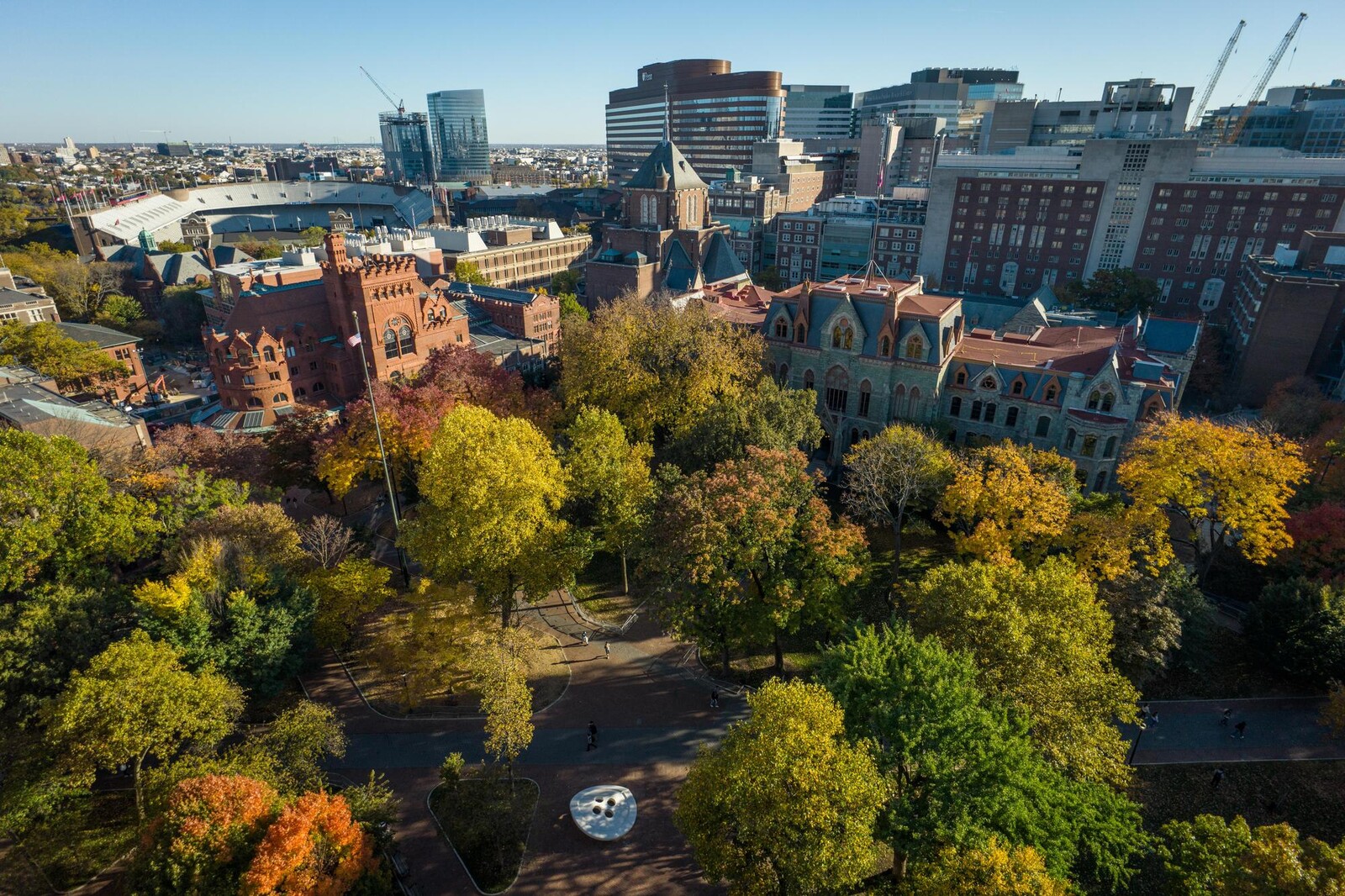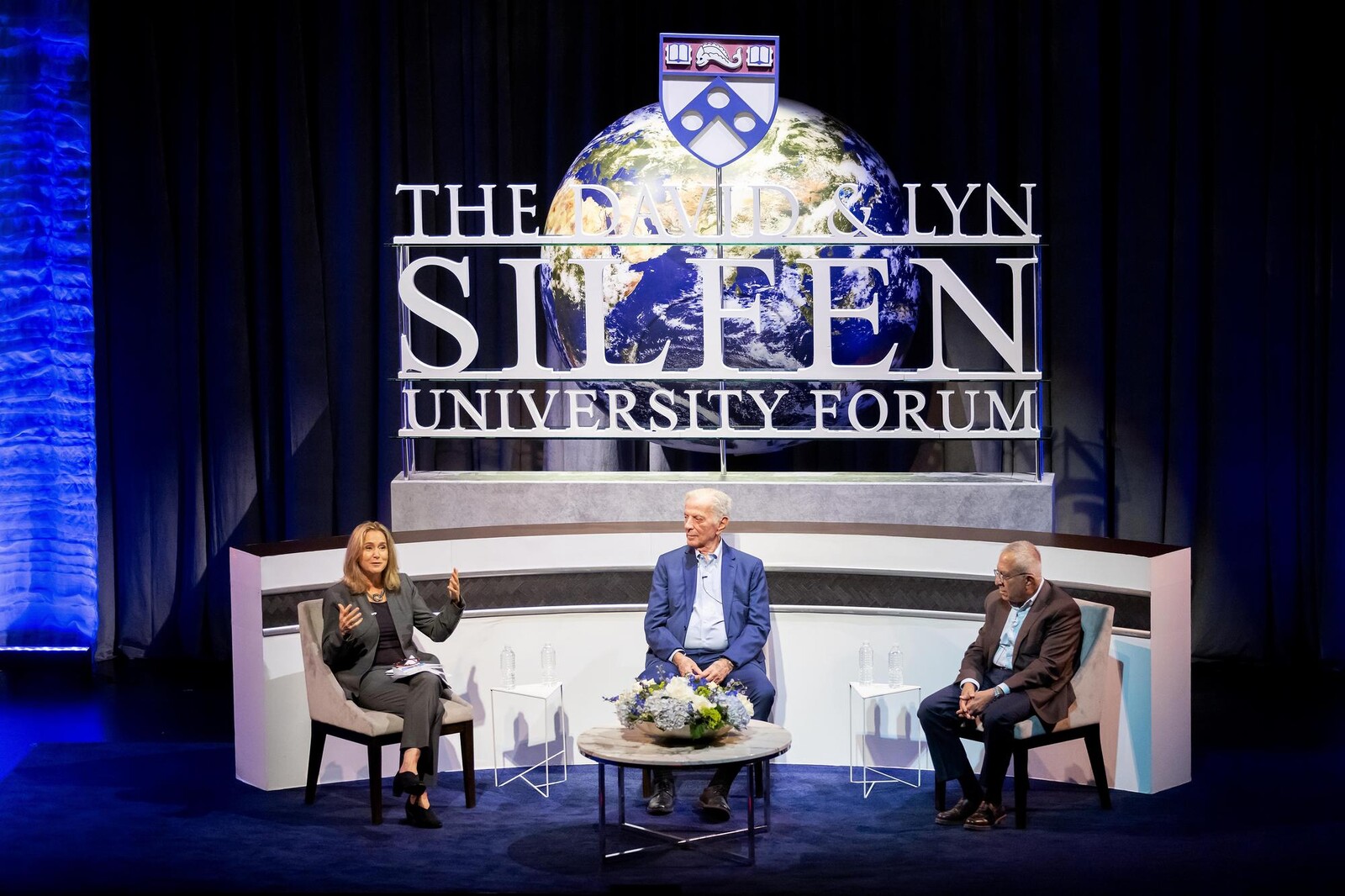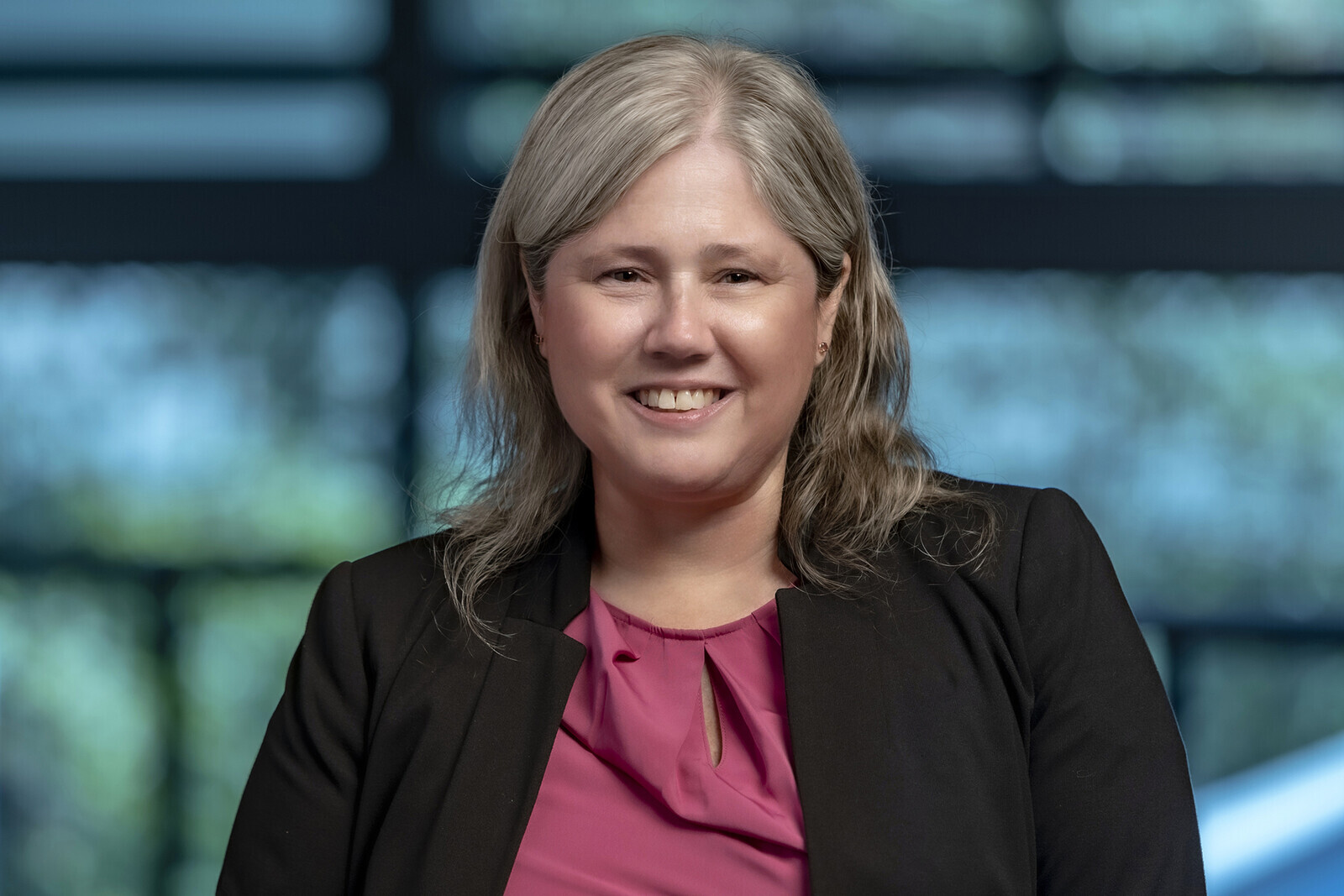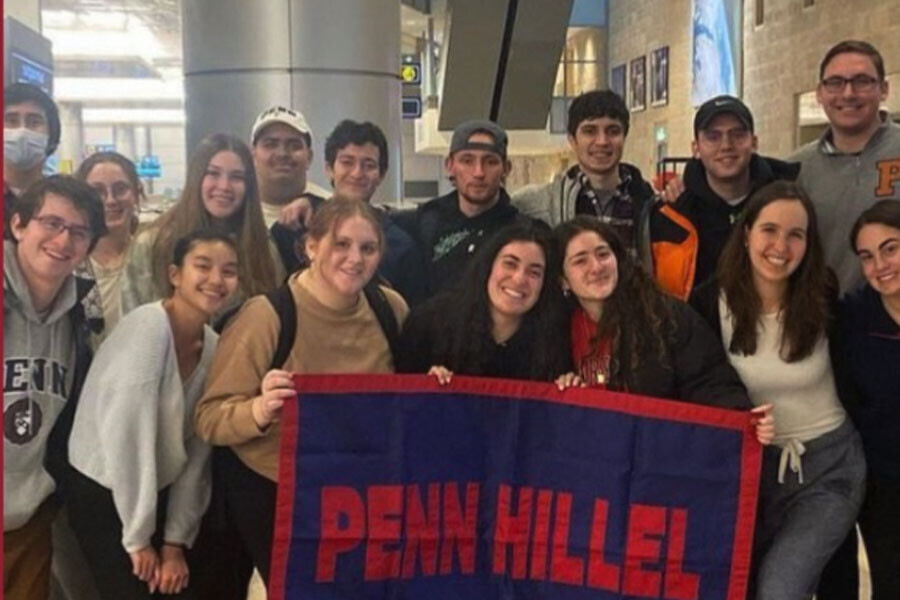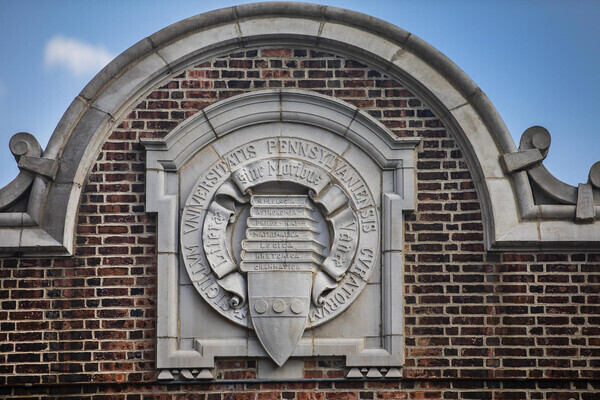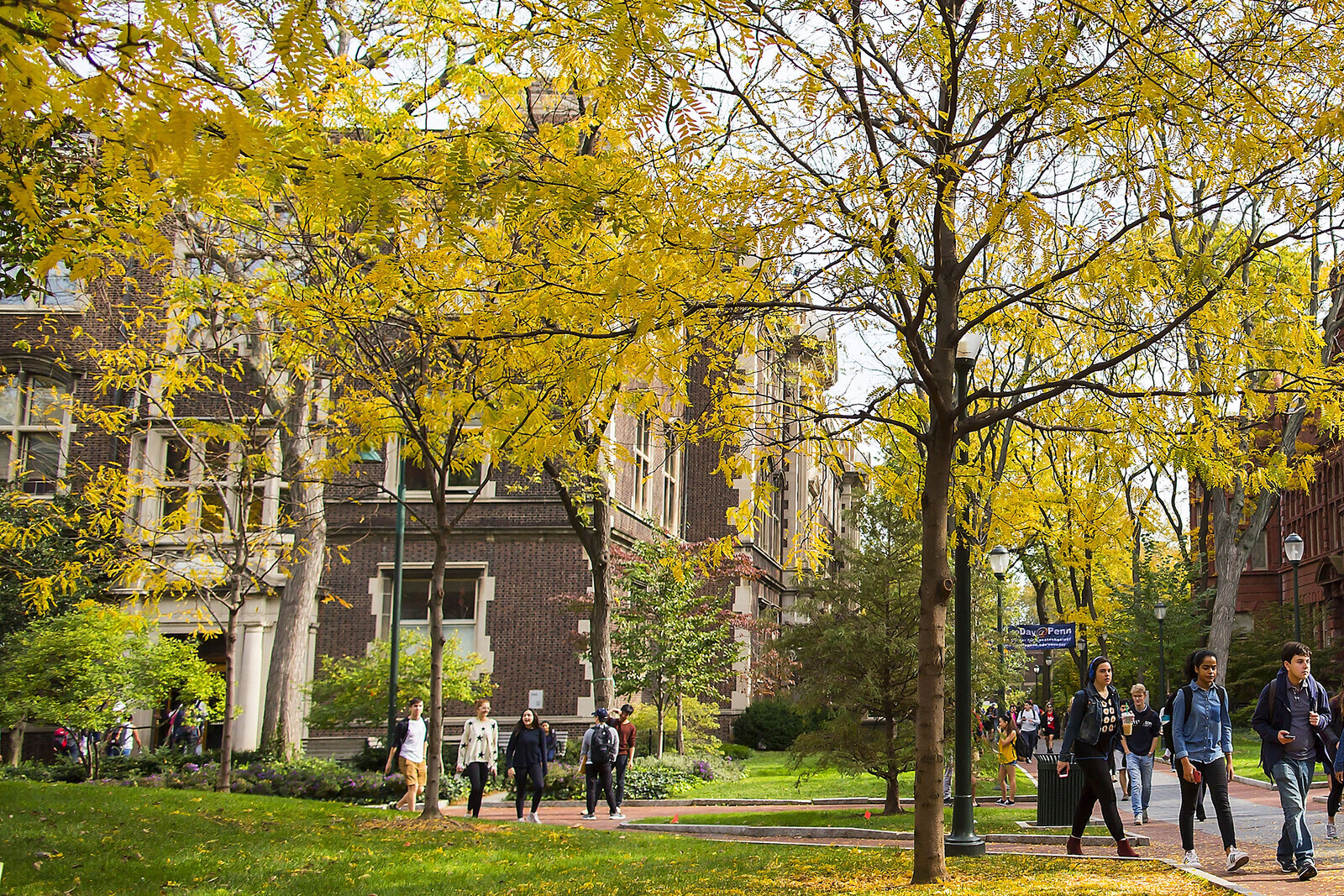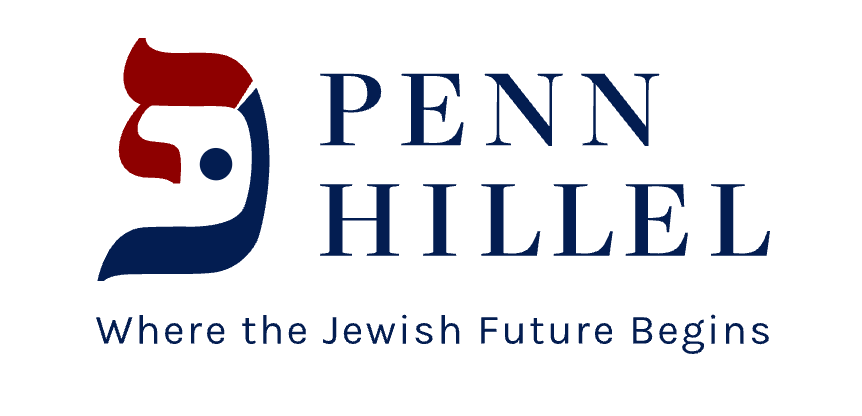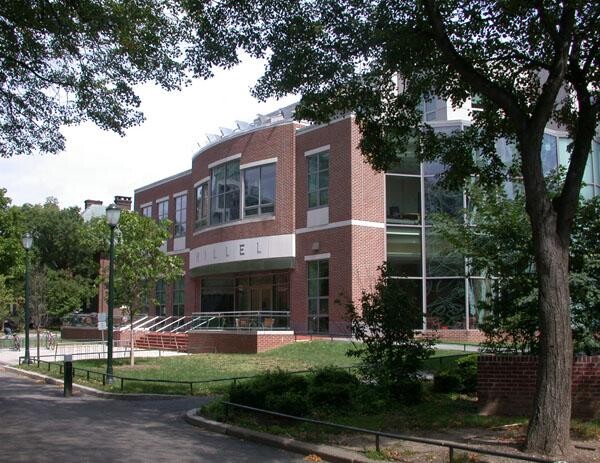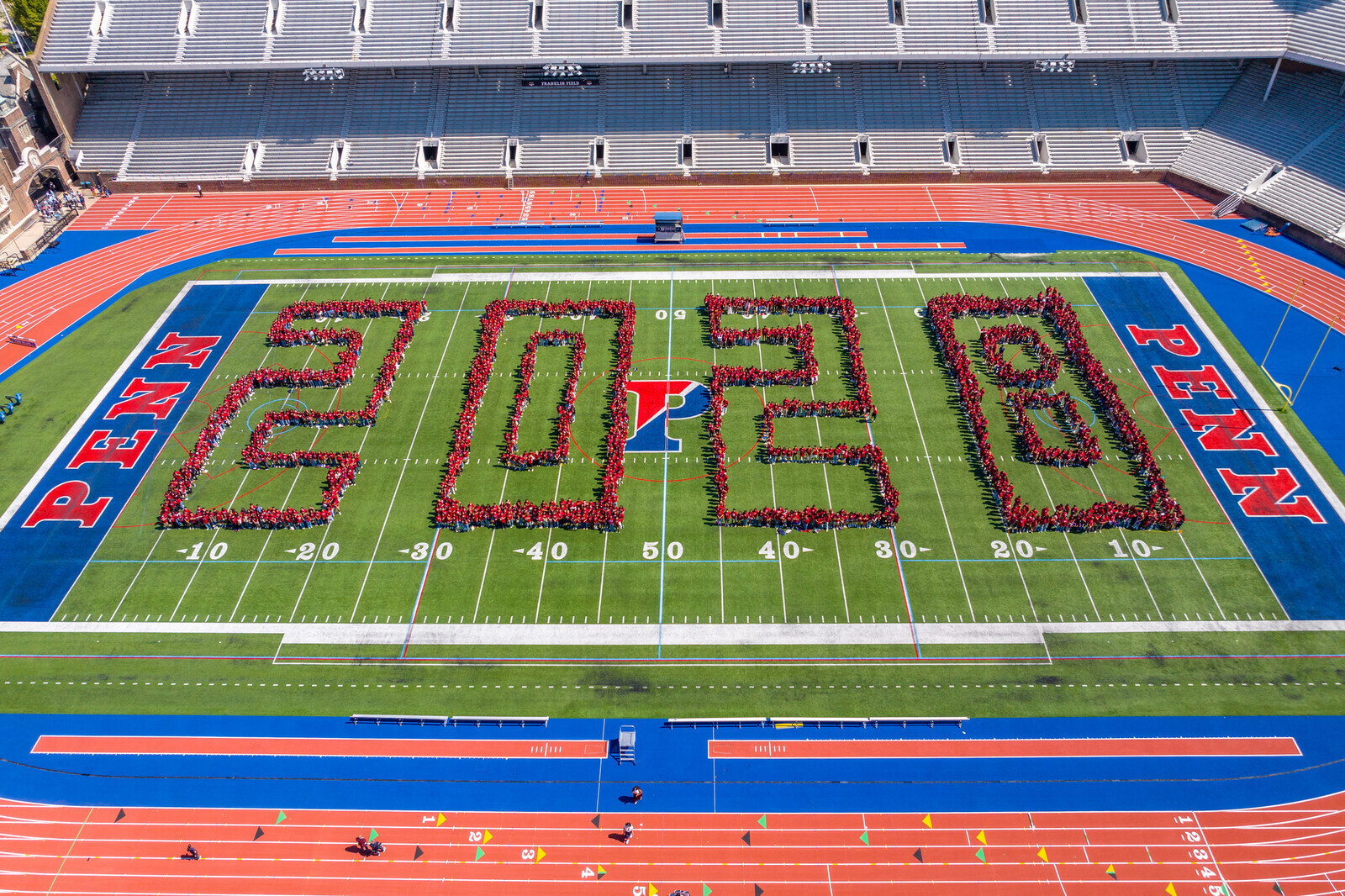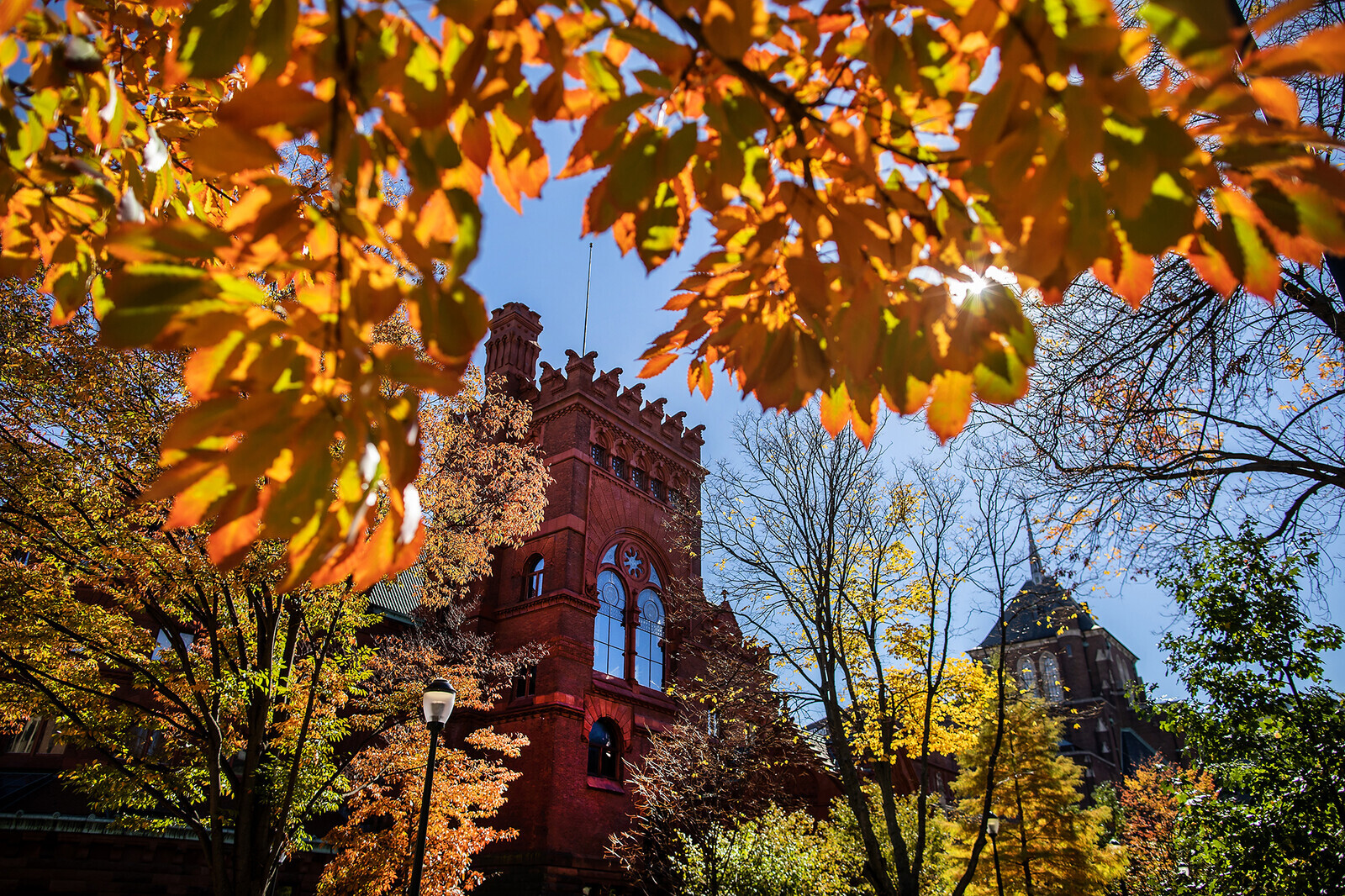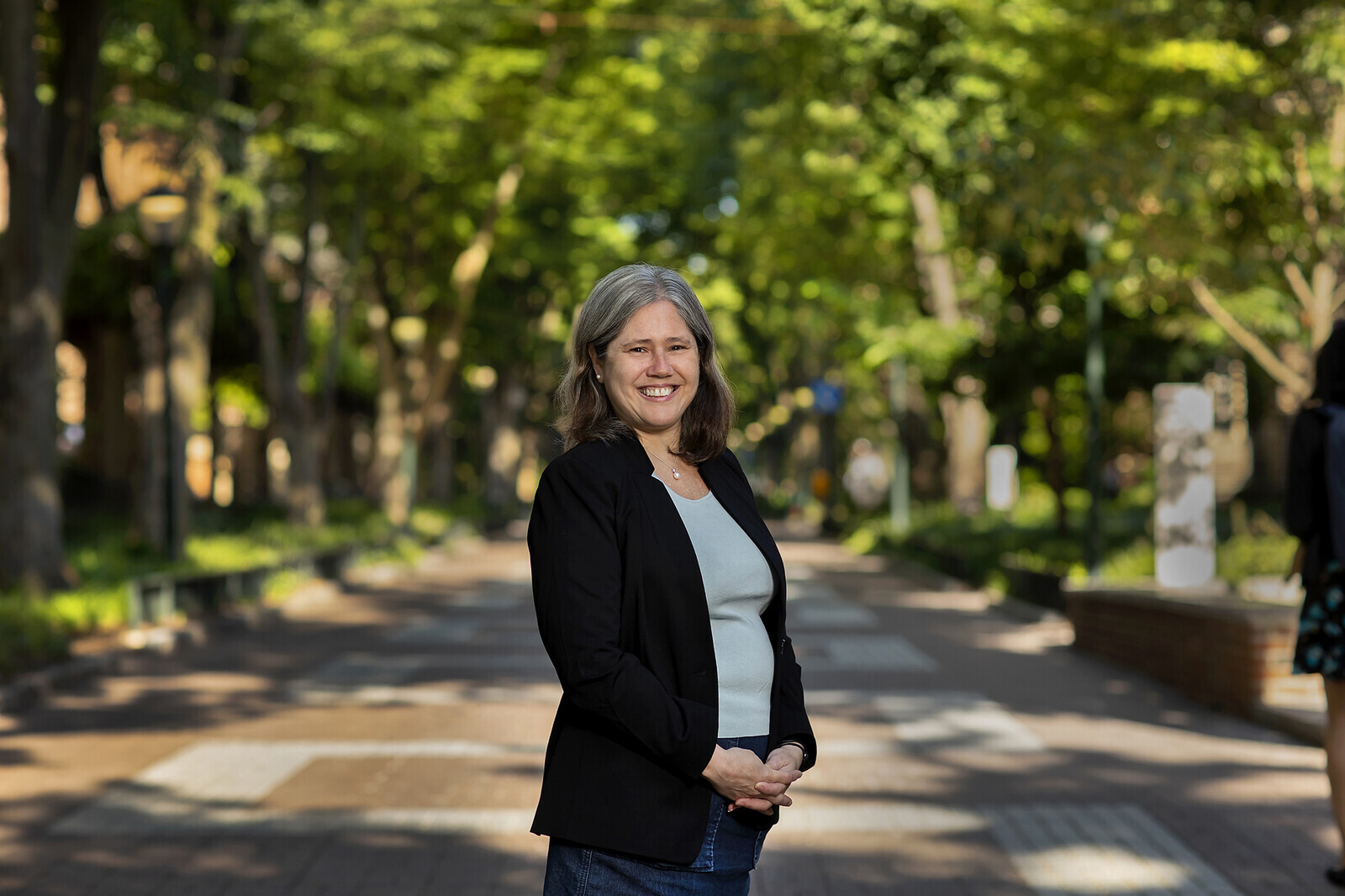Setting a New Standard
- Launched in 2024, the nation’s first university-based Office of Religious and Ethnic Interests (OREI) positions Penn as a national leader in Title VI compliance. OREI sets a new standard for addressing discrimination based on religion, ethnicity, and shared ancestry through education, investigation, mediation, and institutional accountability.
Academic and Educational Innovation
- The University is launching new academic offerings that foster nuanced, global dialogue, including Comparative Perspectives on Democracy in Israel, Palestine, and the Middle East (PSCI 1995), a Fall 2025 course taught by Visiting Scholar Dahlia Scheindlin as part of Penn’s Global Middle East Distinguished Visiting Scholar Initiative.
- A deepened collaboration with the SNF Paideia Program integrates dialogue, civic engagement, and wellness into the undergraduate experience through fellowships, innovative coursework, and co-curricular programming that promotes thoughtful citizenship and civil discourse.
- A new, required New Student Orientation session was introduced in Fall 2024, co-developed with the SNF Paideia Program, featuring real-world case studies on identity, dialogue, and bias. The session includes facilitated discussion groups and resource sharing to foster early engagement with Penn’s values and community expectations.
- In Spring 2025, College Houses and Academic Services (CHAS) hosted Adaptive Leadership: Tools and Tactics for Being an Effective Leader in a Rapidly Changing World at Gutmann College House to foster shared intellectual experiences across lines of difference. Building on this foundation, CHAS, undergraduate deans, and faculty are developing new seminar-style offerings, including preceptorials and co-curricular dialogues, to expand opportunities for engagement across perspectives.
- Undergraduate Deans have reintroduced the Penn Reading Project as a shared experience for all incoming undergraduates in Fall 2025. In recognition of the upcoming America 250 celebration, which commemorates the American Revolution and the founding of the United States, the 2025: Revolution at Penn? exhibit, currently on view at Penn Libraries, will serve as the centerpiece of this initiative. The exhibit connects national history with Penn’s longstanding tradition of reflection and self-improvement.
Scholarly Leadership and Global Engagement
- In March 2025, Professors Joshua Teplitsky and Simcha Gross convened Scales of Suffering, an international conference exploring sorrow and resilience in Jewish history. Supported by the Department of History, Global Medieval & Renaissance Studies, the Middle East Center, and a gift from Marc and Sheri Feigen, the event affirmed Penn’s leadership in advancing globally engaged Jewish scholarship. This builds on a program Professor Teplitsky convened in April, 2024, entitled, “Confronting Antisemitism: A Symposium on Its Past and Present.”
- The Katz Center for Advanced Judaic Studies established a new postdoctoral position focused on the study of contemporary antisemitism. The position reflects Penn’s leadership in producing scholarship that is both rigorous and responsive, with contributions to undergraduate and graduate education, public programming, and scholarly networks.
Faculty and Instructor Development
- The University expanded faculty development through targeted initiatives, led by the Center for Excellence in Teaching, Learning, and Innovation (CETLI). New instructor-facing workshops launched in 2024 focus on navigating bias, fostering constructive dialogue, and supporting respectful classroom environments.
- STEM faculty and academic leaders participated in tailored workshops designed to strengthen classroom culture and foster a sense of community and belonging for all students.
- Integrated CETLI-led training into onboarding programs for teaching assistants, new faculty, and College House RA/GRA roles—ensuring shared expectations and consistent support for educational environments across schools and residential communities.



